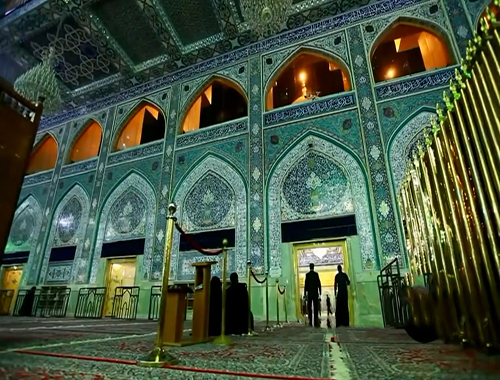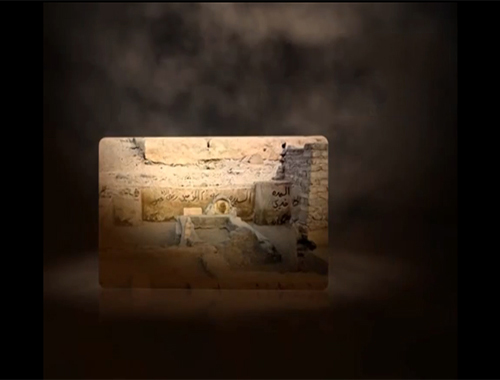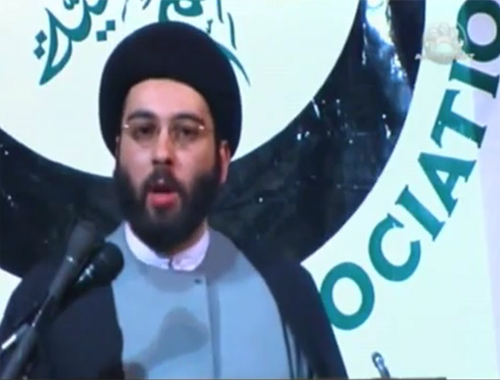(B) The Meaning of “Mawla†in the Hadīth of Ghadīr
- Details
- Hits: 1922
(B) The Meaning of “Mawla” in the HadÄ«th of GhadÄ«r
The hadÄ«th of GhadÄ«r is so striking that everybody must in all fairness notice and then become certain that ‘Ali became the first successor of the Prophet. So let us look at the crucial word and context of the hadÄ«th.
Mawla, in this hadÄ«th, means someone who has the status of wilÄyah and imamate, and can give his opinion and command on it; his command has priority over all other commands. For this reason, before he said, "He whose master (mawla) I am," the Prophet asked, "O People, who among the believers has more authority (awla)?"
Awla, or having more authority, means that the Prophet's wish comes before the wish of the people, and that whatever he says or does is an authority for the people. People follow him; he has wilÄyah and guardianship over them. Now, we can see that just as in the first sentence, the authority and wilÄyah of the Prophet is mentioned, so in the following sentence the word `mawla' for ‘Ali must have the same meaning so that there can be some connection between the two sentences.
Therefore the correct meaning which we get from these few sentences is as the Prophet asked: "Do not I have more authority over you?" "Yes!" everyone replied. "So, whosoever among you on whom I have authority, ‘Ali also has authority. After me, he will be the mawla of all Muslims and my successor."
Thus, in this hadÄ«th, there is no question of any other meaning for `mawla' apart from having authority or priority -- wilÄyah and imamate; and any other meaning in its place is entirely irrelevant. We should also note that the Prophet of Islam kept people standing in this great heat. This historical fact makes it clear that the matter has a special importance; for, if not, no reasonable man would suppose that the Prophet would detain people under such conditions when his purpose was only to remind them of a trivial matter, for example, that ‘Ali was his friend!
* * *
This lesson has been adapted and abridged from Dar Rah-e Haqq, The Roots of Religion, Qum, Iran.











